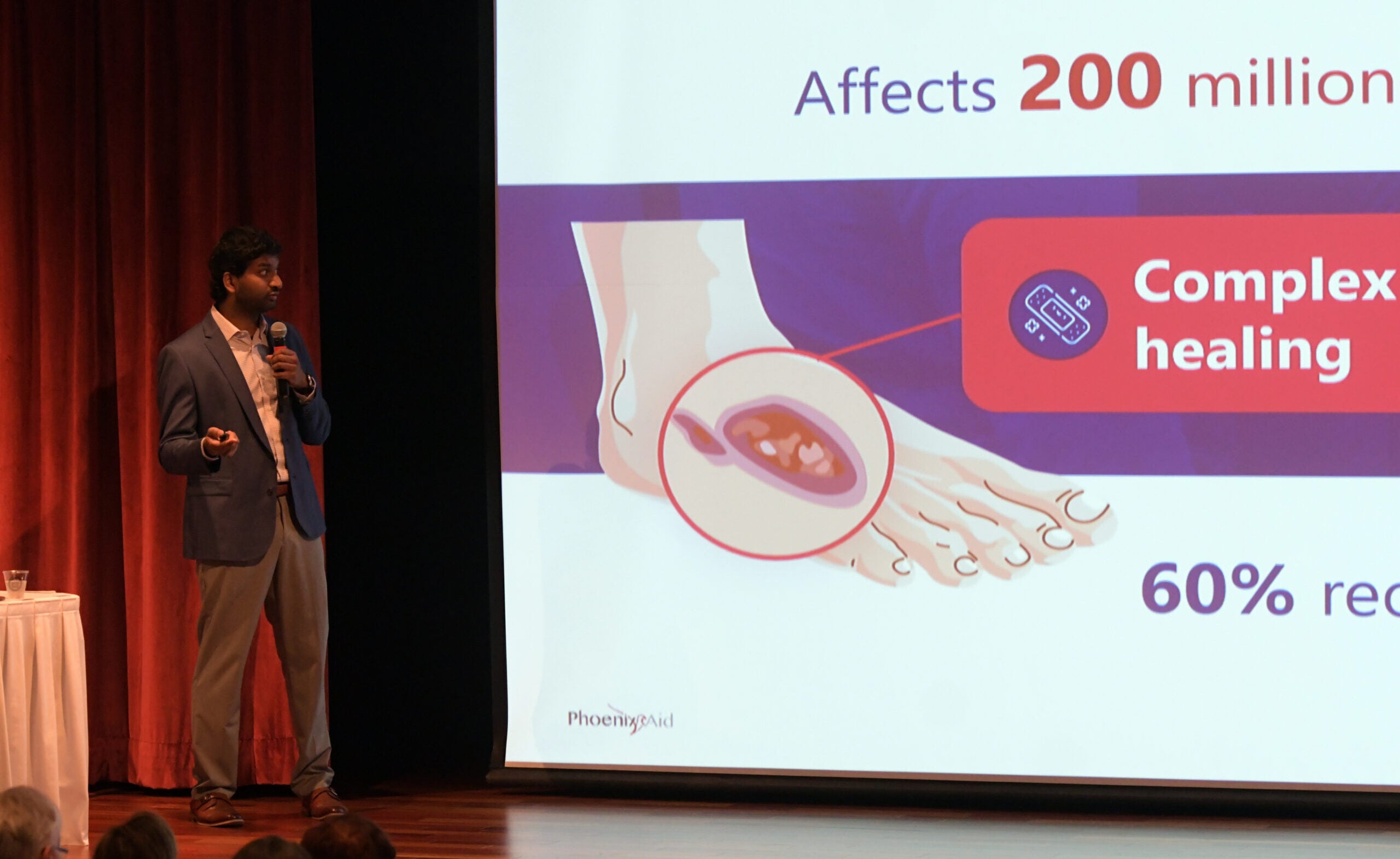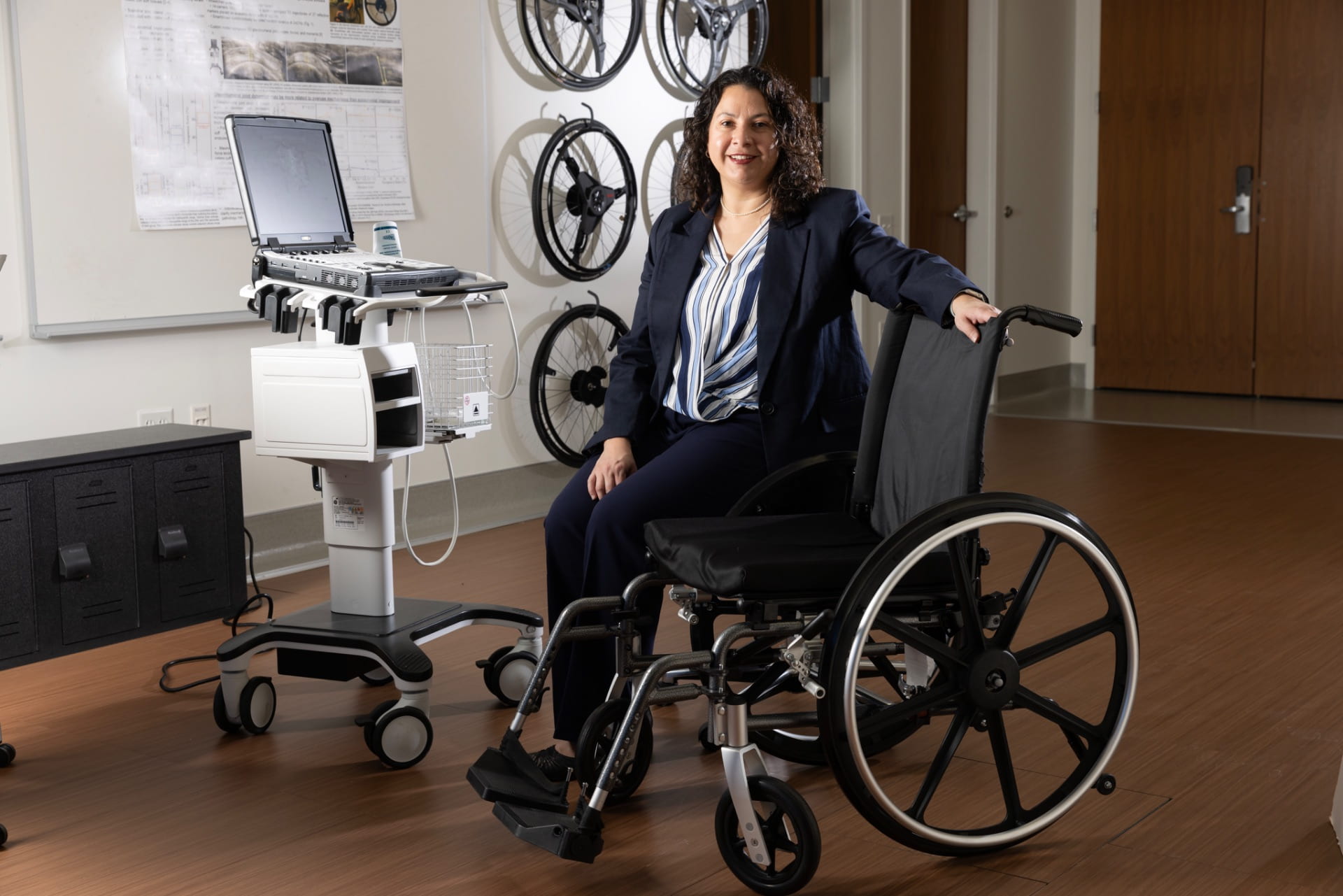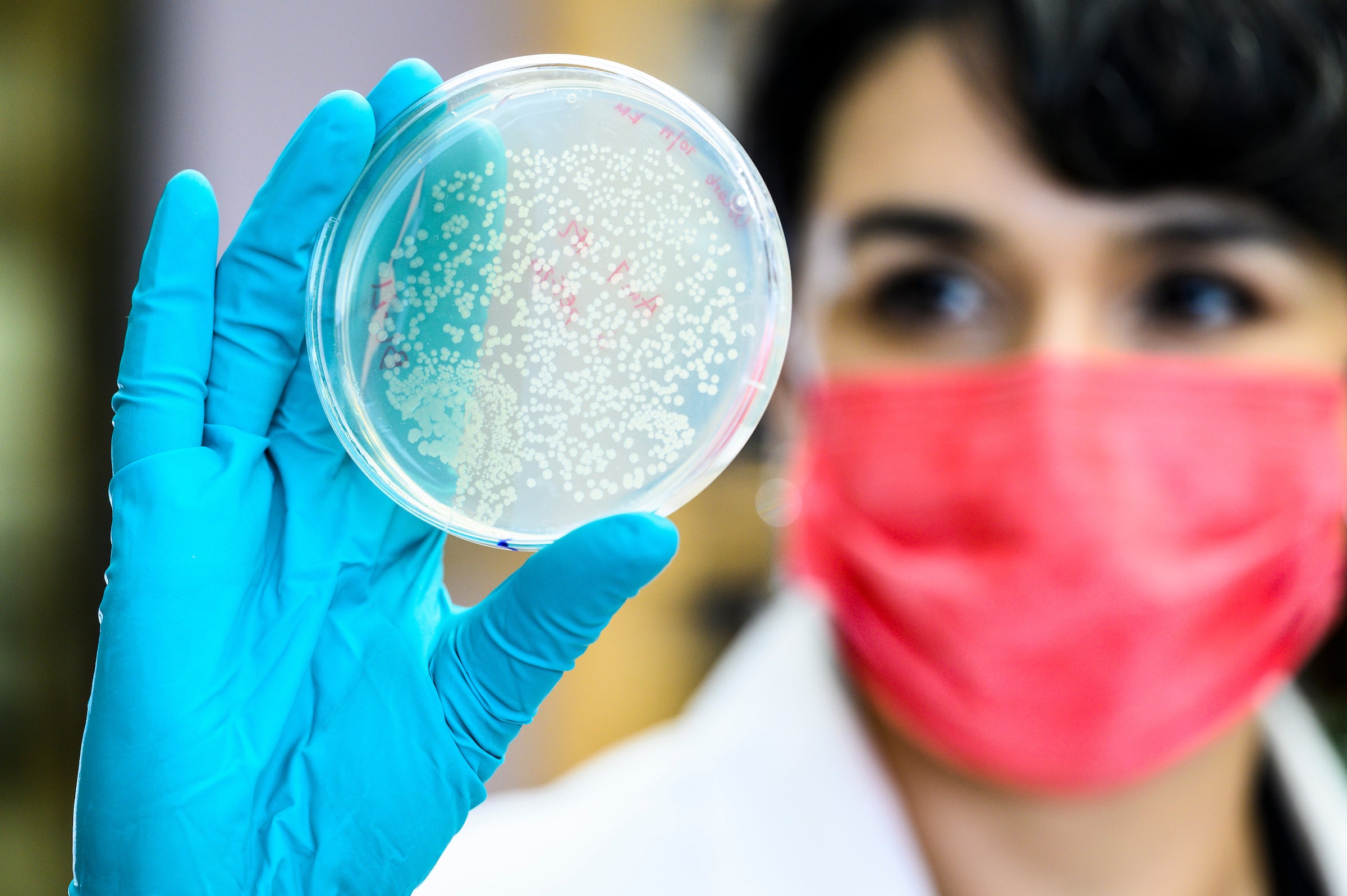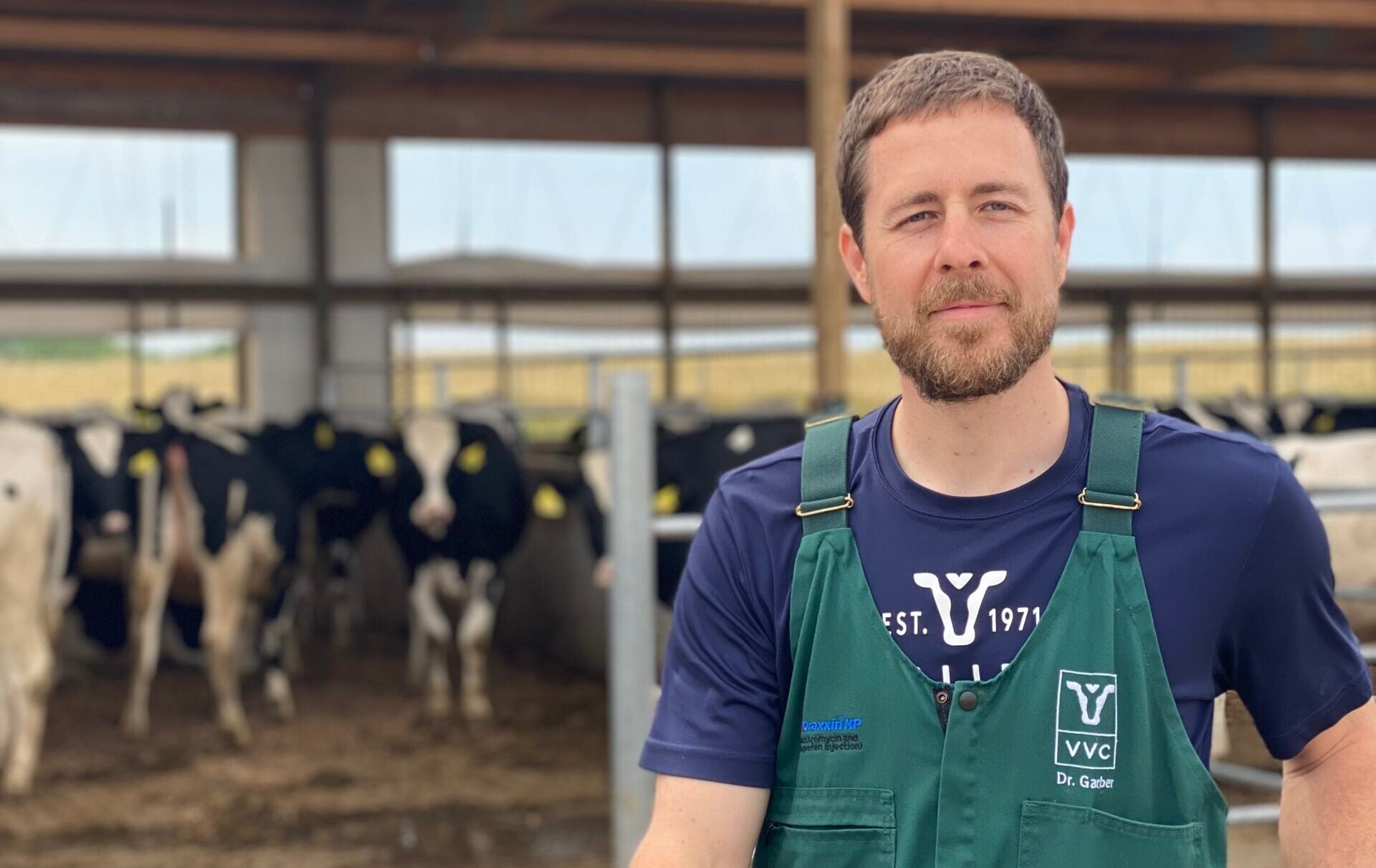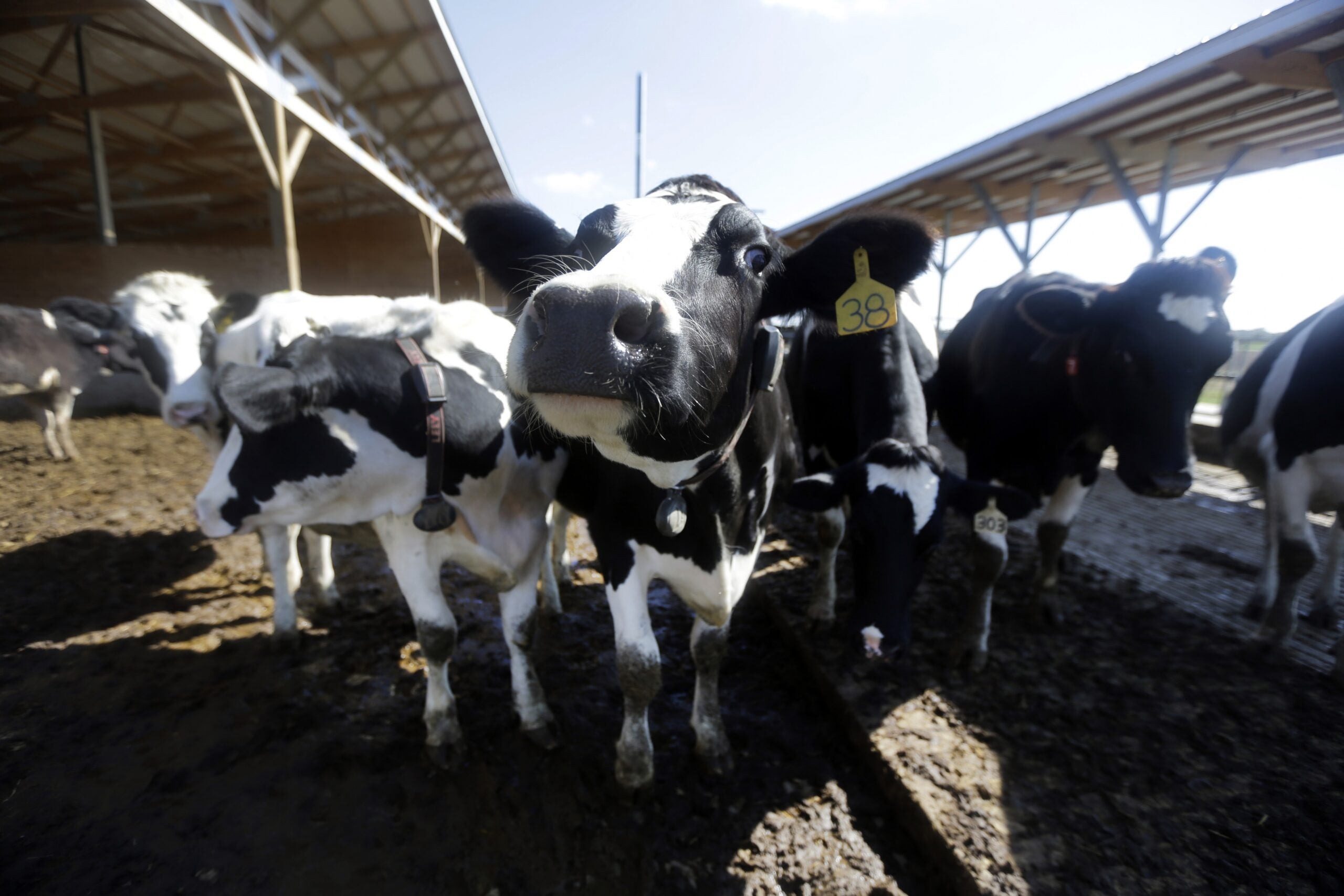A research team that includes bacteriologists from University of Wisconsin-Madison has been awarded a $16 million grant from the National Insititutes of Health to find new antibiotics to replace those that no longer work.
The fight against bad bacteria has become more lopsided as the number of new antibiotics dwindles and more infections become resistant to current remedies. Most of the antibiotics in use now come from nature, which is where researchers will continue to look. But instead of just searching soil for helpful bacteria, they’ll also turn to insects and marine life.
Dr. David Andes, the head of infectious disease at the UW School of Medicine and Public Health, says his colleague, bacteriologist Cameron Currie, has had success looking for microbes in new places.
News with a little more humanity
WPR’s “Wisconsin Today” newsletter keeps you connected to the state you love without feeling overwhelmed. No paywall. No agenda. No corporate filter.
“With this approach, he’s found new antibiotics at a rate that’s a hundred-fold greater than industry was finding in looking for antibiotics in the soil,” said Andes.
It’s hoped these beneficial relationships between bacteria and animal or marine life can help humans fend off infections.
“So we’re finding antibiotics that are effective for treating drug-resistant bacteria and also finding antibiotics that are at the same time nontoxic for animals, hopefully including humans,” said Andes.
Researchers especially want to find two types of microbes: those that can help fight off fungi for cancer or transplant patients, and microbes to deal with bacteria responsible for the majority of hospital infections in the United States. The Centers for Disease Control and Prevention say at least 2 million Americans get drug resistant infections a year.
Wisconsin Public Radio, © Copyright 2025, Board of Regents of the University of Wisconsin System and Wisconsin Educational Communications Board.



